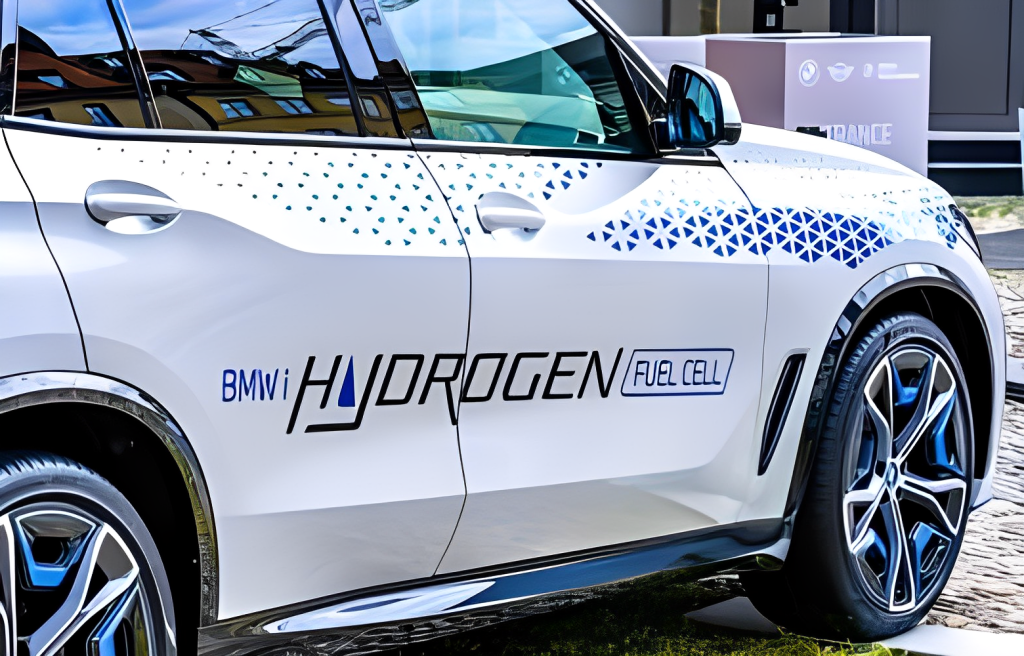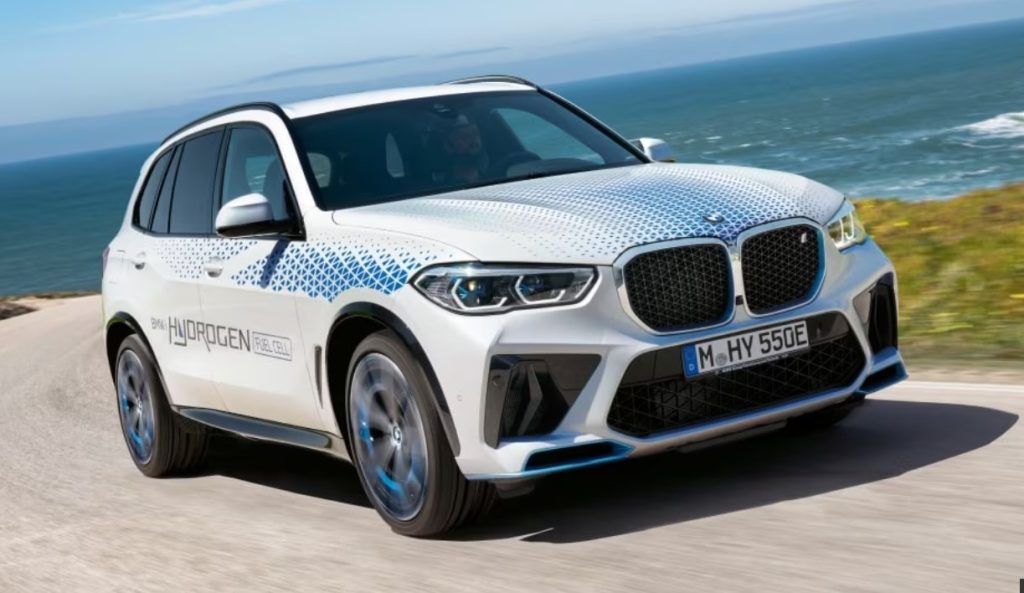In a surprising turn of events, BMW, a leading automotive manufacturer, has announced a major shift in its focus from electric vehicles (EVs) to hydrogen fuel cell technology. This strategic move marks a significant departure from the current industry trend, which has been heavily focused on EVs as the primary solution for sustainable transportation. In this article, we’ll delve into the reasons behind BMW’s decision, explore the advantages of hydrogen fuel cell technology, and examine its potential impact on the future of eco-friendly vehicles.
BMW’s Shift to Hydrogen: A Strategic Move for Sustainability
BMW’s decision to embrace hydrogen fuel cell technology stems from several key factors. Firstly, hydrogen-powered vehicles offer a number of advantages over traditional EVs. Unlike EVs, which rely on batteries that require lengthy charging times, hydrogen vehicles can be refueled quickly, similar to conventional gasoline-powered cars. This eliminates the range anxiety associated with EVs and makes hydrogen a more practical option for long-distance travel.

Secondly, hydrogen fuel cells produce zero emissions, making them a truly sustainable alternative to fossil fuels. When hydrogen is combined with oxygen in a fuel cell, the only byproduct is water vapor, eliminating the harmful pollutants associated with traditional internal combustion engines. This aligns perfectly with BMW’s commitment to reducing its environmental impact and achieving carbon neutrality.
The BMW iX5 Hydrogen: A Glimpse into the Future
To spearhead its hydrogen initiative, BMW has unveiled the iX5 Hydrogen, a groundbreaking SUV that showcases the potential of this technology. The iX5 Hydrogen combines a hydrogen fuel cell with a small battery, enabling it to travel up to 373 miles on a single tank of hydrogen. With a refueling time of just 3-4 minutes, the iX5 Hydrogen offers the convenience and practicality of a traditional gasoline-powered vehicle, while maintaining zero emissions.

The Road Ahead: Hydrogen’s Role in Sustainable Transportation
BMW’s move towards hydrogen fuel cell technology is a significant step forward in the quest for sustainable transportation. Hydrogen has the potential to revolutionize the automotive industry, offering a clean, efficient, and practical alternative to fossil fuels. As more automakers embrace hydrogen technology, we can expect to see a growing number of hydrogen-powered vehicles on the road, contributing to a greener and more sustainable future.

